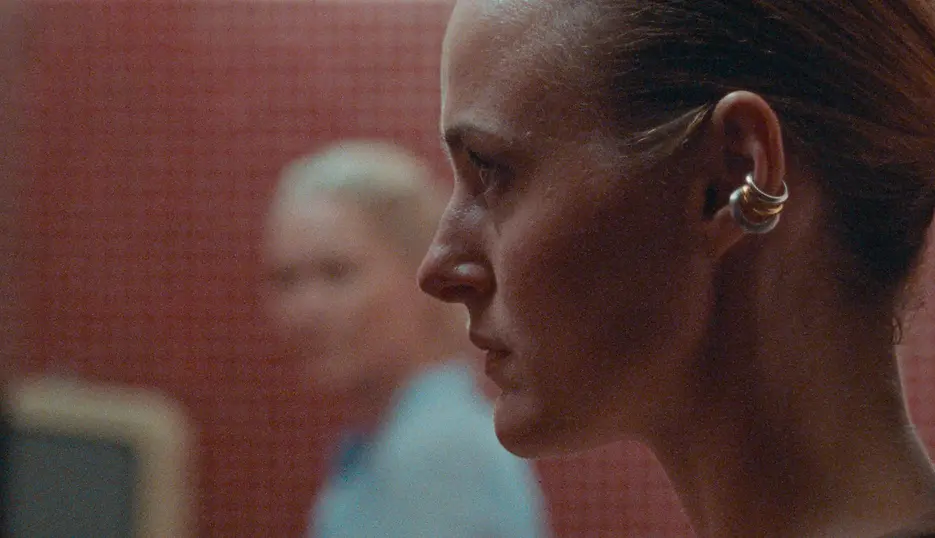Armand
Critic:
George Wolf
|
Posted on:
Feb 13, 2025

Directed by:
Halfdan Ullmann Tøndel
Written by:
Halfdan Ullmann Tøndel
Starring:
Renate Reinsve, Ellen Dorritt Petersen
If you’re the parent of young children, your first reaction to troubling accusations against them is likely to be denial.
There must be some mistake, right? My child would never do such a thing.
It’s a catalyst that almost demands taking sides, and one that writer/director Halfdan Ullmann Tøndel explores to unique effect in Armand.
The mesmerizing Renate Reinsve (The Worst Person in the World, Handling the Undead, A Different Man) is Elisabeth, a Norwegian actress who is summoned to her son’s school for an urgent conference. Six year-old Armand has been accused of bullying his friend Jon in the boys restroom. The incident apparently involved acts of “sexual deviation.”
Jon’s parents, Sarah (Ellen Dorrit Petersen) and Anders (Endre Hellestveit) are waiting at the school with two administrators and the boys’ teacher. And what begins as a calm attempt at fact-finding slowly dissolves into a fascinating unraveling of mystery, fantasy, and outright curiosity.
Ullmann Tøndel and cinematographer Pål Ulvik Rokseth keep us inside the sterile school building for nearly all of the film’s two hours, puncturing the strained decorum with an array of devices. There are persistent nosebleeds, the sound of heels echoing on hard floors, moments of psychological performance art, and one alarming fit of laughter that purposely strains your patience.
It all helps to distinguish the film from similarly themed dramas such as The Teacher’s Lounge or even Mass, but also threatens to keeps us detached through self indulgence. The can’t-look-away excellence from Reisve never lets it happen, and Armand – which won the Caméra d’Or, for Best First Feature last year at Cannes – rewards audience commitment with a satisfying, if not exactly revelatory, resolution in Act Three.
The characters may be talking about children, but the film is talking about adults. Armand presents a challenging, but ultimately haunting take on the lingering dangers of convincing ourselves that everything is fine.
.png)

